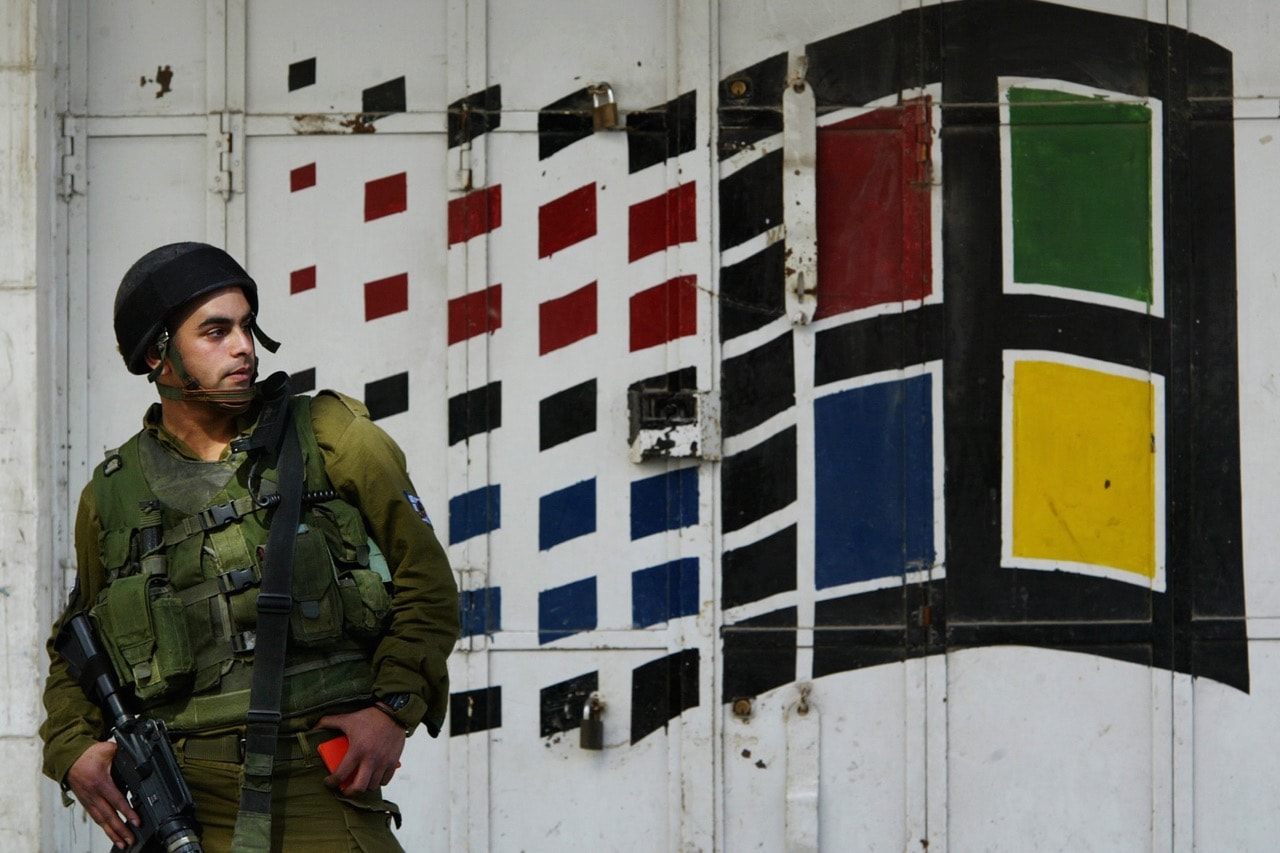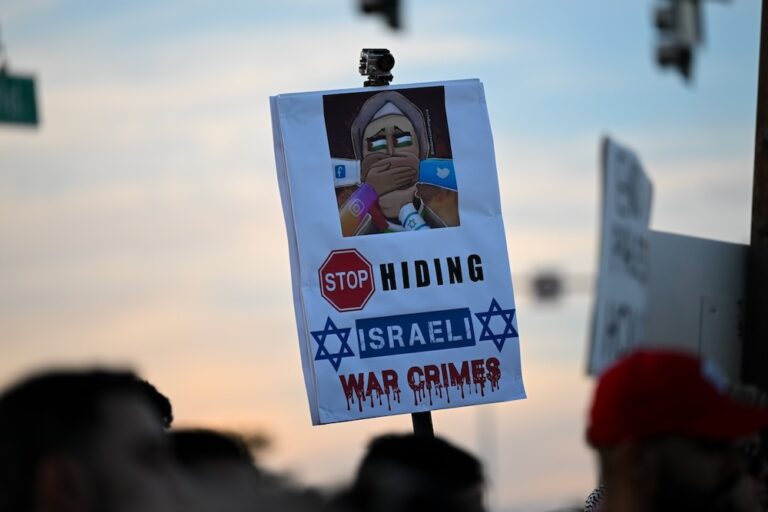Having a Facebook profile in Palestine means not only being targeted by Israel's algorithm and censored by the platform itself, but also facing the threat of the Palestinian Authority's new Electronic Crimes Law.
Al-Shabaka’s latest policy brief on the surveillance of Palestinians was produced in conjunction with 7amleh. This Executive Summary was originally published on al-shabaka.org on 23 October 2017.
Palestinian anger in response to Israeli incursions at the Al-Aqsa Mosque that began in October 2015 spurred Israel to surveil Palestinian social media accounts at an unprecedented scale. It then arrested around 800 Palestinians because of their posts, particularly on Facebook.
The arrests are the result of the use of algorithms that build profiles of what Israel views as likely attackers. Israel also hacks Facebook accounts to gain access to private information, which it then uses as leverage against Palestinian users. Such intrusions are enabled by the fact that Israel controls the entire telecommunications infrastructure used by Palestinian companies and internet service providers.
Facebook touts itself as a platform in the service of all. However, Facebook has a pro-Israel bias. One of its rules regarding moderating content, for instance, explains that “people must not praise, support, or represent a member…of a terrorist organization, or any organization that is primarily dedicated to intimidate a population, government, or use violence to resist occupation of an internationally recognized state.” As a result, Facebook censors activists and journalists in occupied and disputed territories, and its definition of terror does not include the terror inflicted on Palestinians by the state of Israel.
It is not only Israel that suppresses Palestinian social media users. The Palestinian Authority recently passed the Electronic Crimes Law, which purports to fight online crimes but in fact curbs Palestinians’ freedom to express themselves online through the threat of arrest for vague transgressions such as violating “social harmony” and “public order.”
Policy recommendations:
- The Palestinian Authority must revoke its Electronic Crimes Law. Instead of cracking down on Palestinians for expressing political views, the PA should seek to protect its people from being arrested and prosecuted by Israel under baseless charges of incitement and terrorism.
- Palestinian civil society organizations have a responsibility to raise awareness about digital rights, most importantly regarding digital security.
- Palestinian civil society and media must expose and mobilize against Israel’s surveillance practices, censorship, and persecution of Palestinians’ freedom of expression.
- Palestinians need to build coalitions with international digital rights organizations that can help exert pressure on social media companies and the Israeli government to discontinue their violations.



